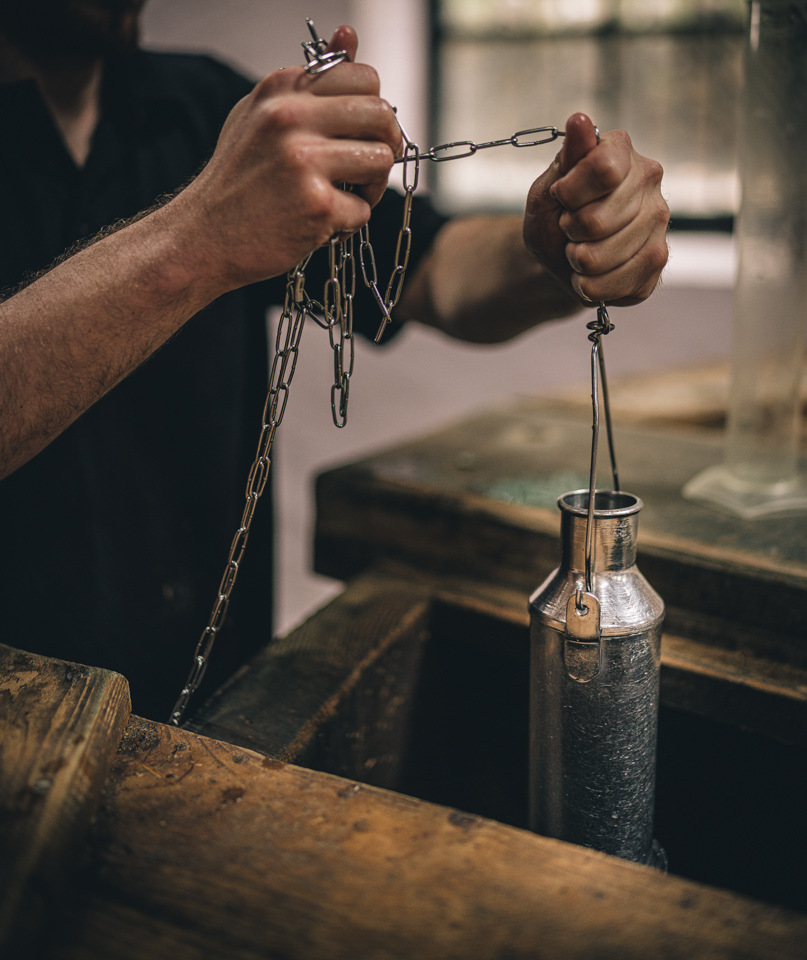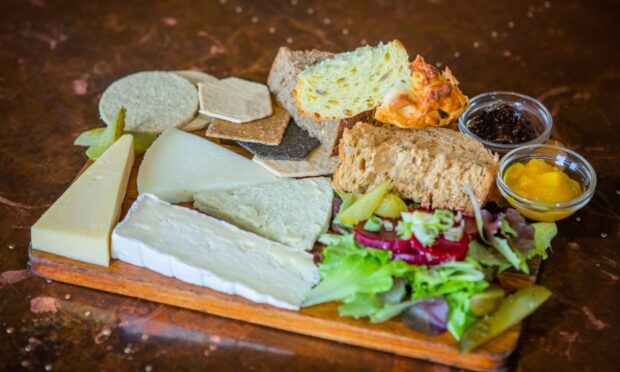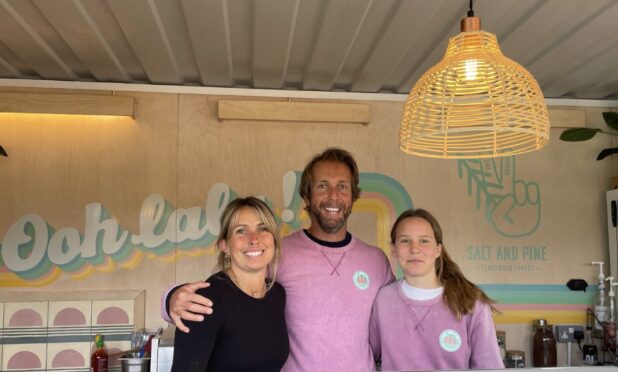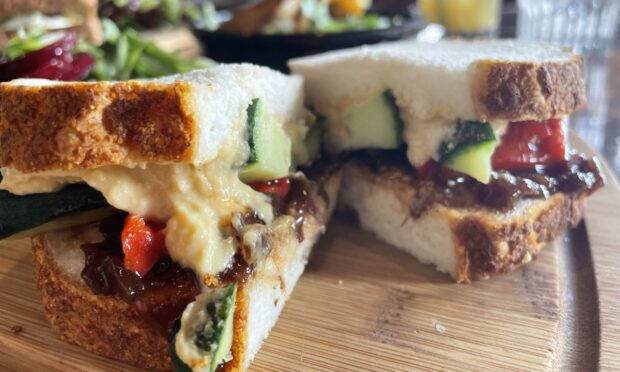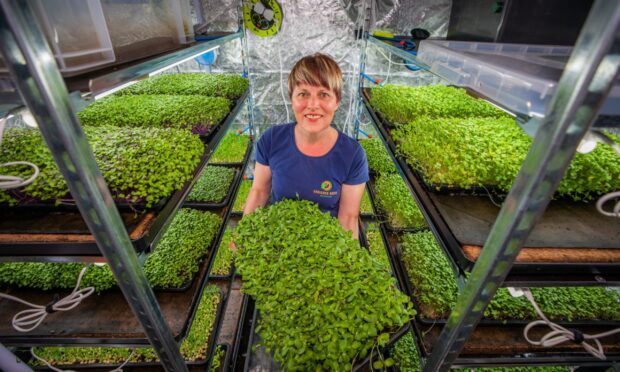Scotland’s whisky chief has warned that the situation with US tariffs is “unsustainable” as losses incurred by the industry reached half a billion pounds.
Karen Betts, chief executive of the Scotch Whisky Association, has revealed that since a 25% tariff was imposed on single malt Scotch whisky in October 2019 exports of Scotch Whisky to the US have fallen by 35%, amounting to more than £500 million in lost exports.
And Ms Betts warned that the tariffs are not only causing short-term losses to the industry, but also long-term harm to the Scotch whisky category, since the market share lost as a result of tariffs could take years to rebuild.
There was deep disappointment across the Scotch whisky industry last month after the UK Government failed to conclude a “mini-deal” with the United States, which would have removed tariffs on Scotch whisky and other products caught up in the dispute, like cashmere.
This has left distillers continuing to pay the price for an aerospace dispute that has nothing to do with Scotch whisky.
The dispute centres around subsidies provided to Airbus and Boeing respectively by European governments, including the UK, and by the US government, which were found to be illegal by the World Trade Organisation (WTO).
Urgent call
The SWA is urging the UK Government urgently to call for the immediate suspension of all tariffs on unrelated sectors.
At the same time, they say that the UK must work to resolve the aerospace dispute by addressing UK violations of WTO rules on subsidies and by agreeing to a future regime of support to aerospace with the US – as soon as the new US Trade Representative assumes office – that is WTO compliant.
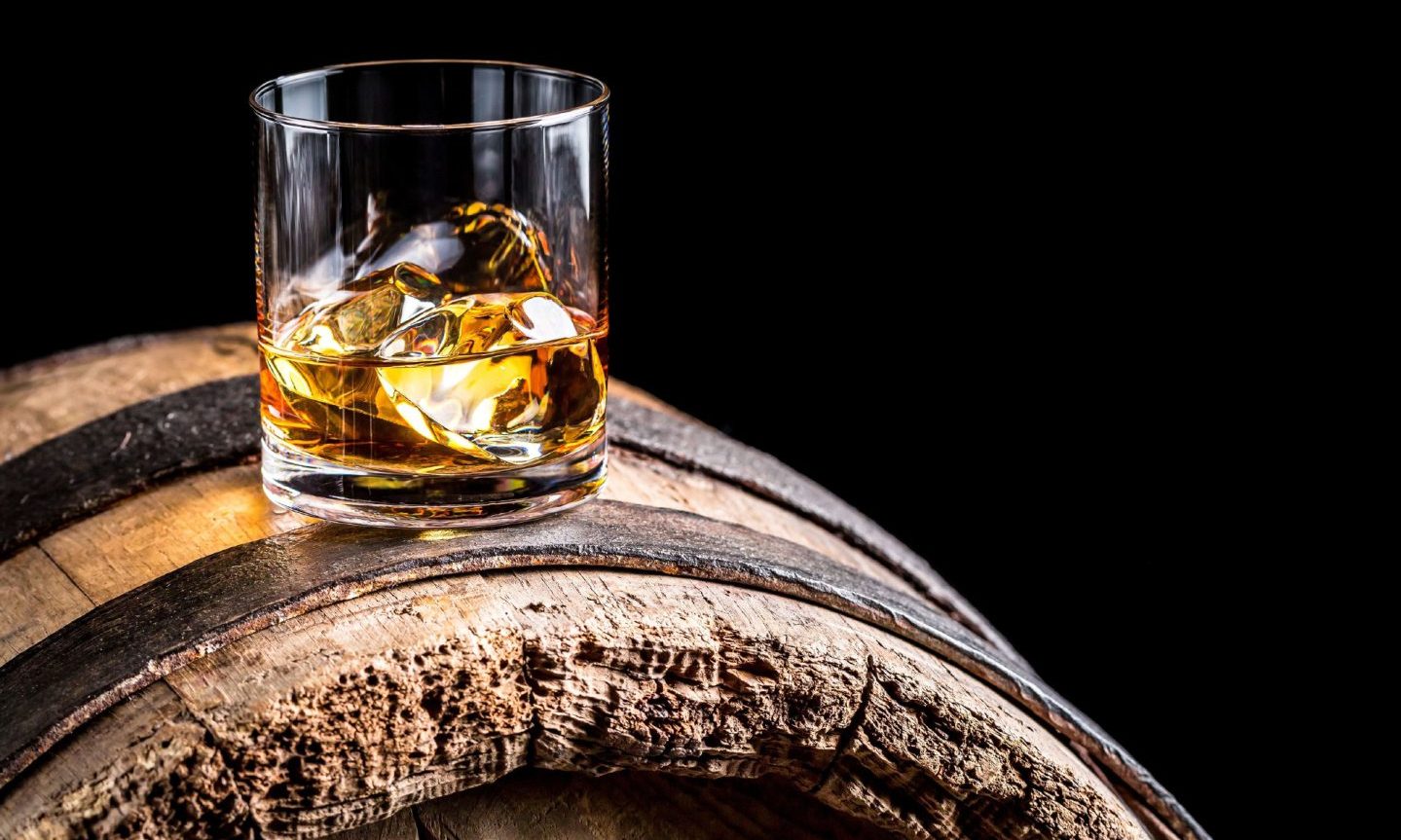
Only then will the tariffs be permanently lifted and the UK Government be in a position to live up to its aspiration to be a champion for free and fair trade within the international, rules-based system.
The SWA is also calling for support to the industry, given the level of losses, including a cut to excise duty in the March budget and a sustained push to reduce the basic customs duty in India, which is currently 150%.
‘May never recover’
Ms Betts said: “The current situation is unsustainable. Since tariffs were put in place, our exports to the US have fallen by 35%, amounting to over half a billion pounds in lost exports.
“This is being borne by large and small producers alike, who are losing sales and market share in what has been for decades the industry’s largest and most valuable market, which they may never now recover.
“It’s very hard for Scotch whisky producers to understand why the UK Government is so unwilling to address the UK violations of WTO rules on aerospace subsidies at the root of the tariffs.
“Distillers are suffering terrible losses and still the government, after 16 years of unsuccessful litigation, is unprepared to take the necessary steps to ensure subsidies comply with the UK’s international obligations.
“The UK Government must now act urgently and call for the immediate suspension of all tariffs on unrelated sectors and, at the same time, redouble efforts with the new US administration to resolve the aerospace dispute and lift tariffs permanently.
“The government must also offer some support to distillers, who are shouldering tariff losses alongside dealing with unprecedently difficult trading conditions as a result of Brexit and global restrictions to curb Covid-19 transmission.
“As part of this, the chancellor must deliver a package of support for the industry, including a cut to spirits duty in next month’s budget.”
Detrimental impact
John Laurie, managing director of Crieff-based brand The Glenturret, said they had held back on a relaunch across the pond. Although they are now proceeding, it is small steps to begin with.
He said: “The US tariffs are approaching the half a billion point in their detrimental impact on the Scottish whisky industry.
“Here at The Glenturret, we delayed our US relaunch to the new year, hoping the new administration would bring some fresh thinking on tariffs in 2021. We have now decided to relaunch the brand and our new expressions.
“However, in the beginning, we will restrict our growth to New York only and wait until the environment changes before we consider any more states.”


